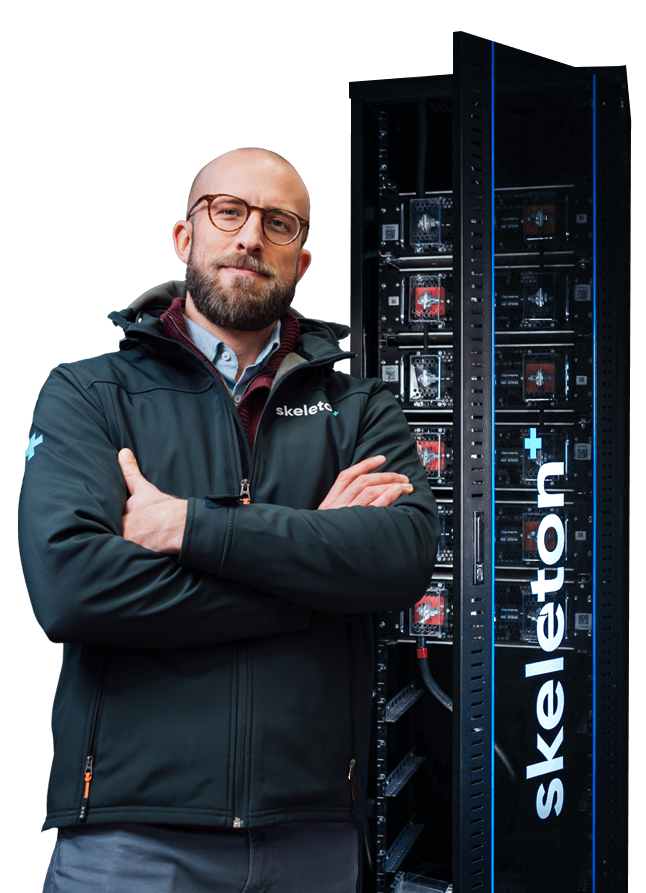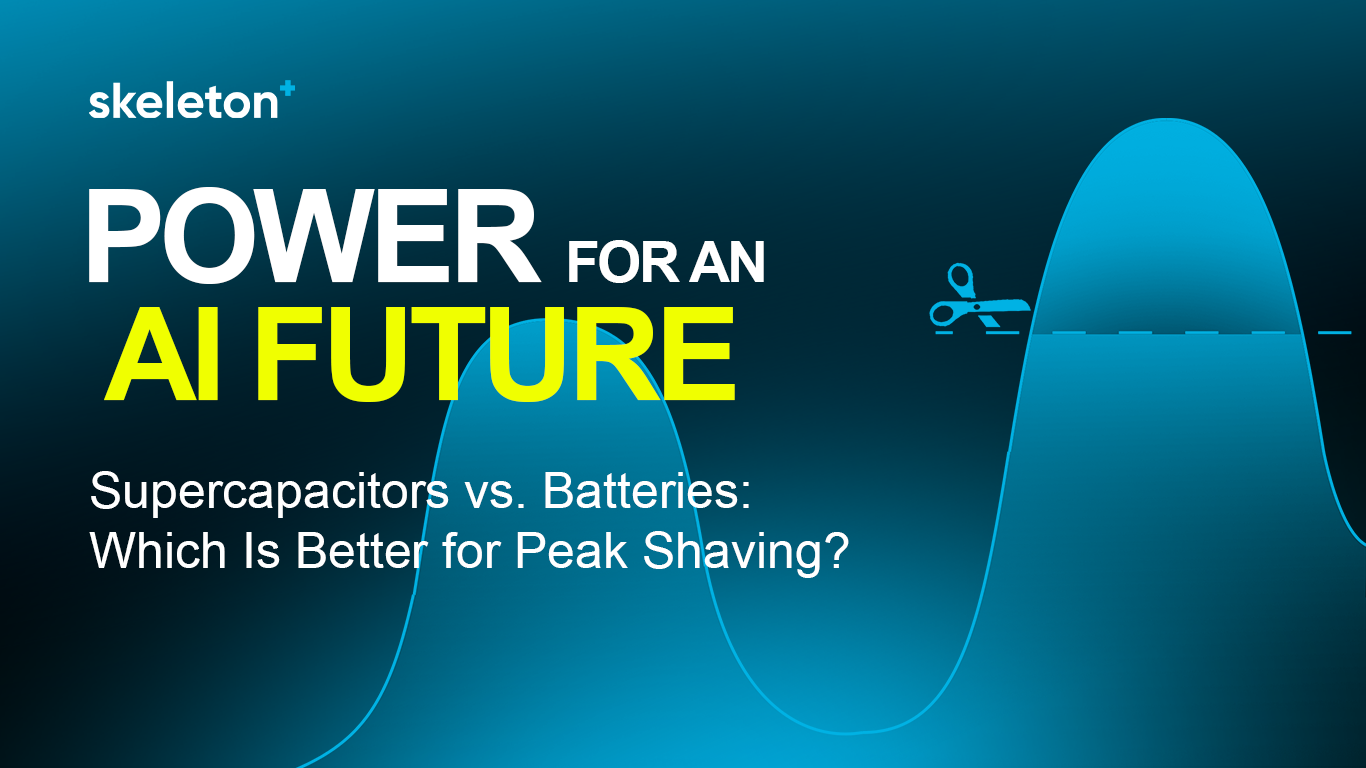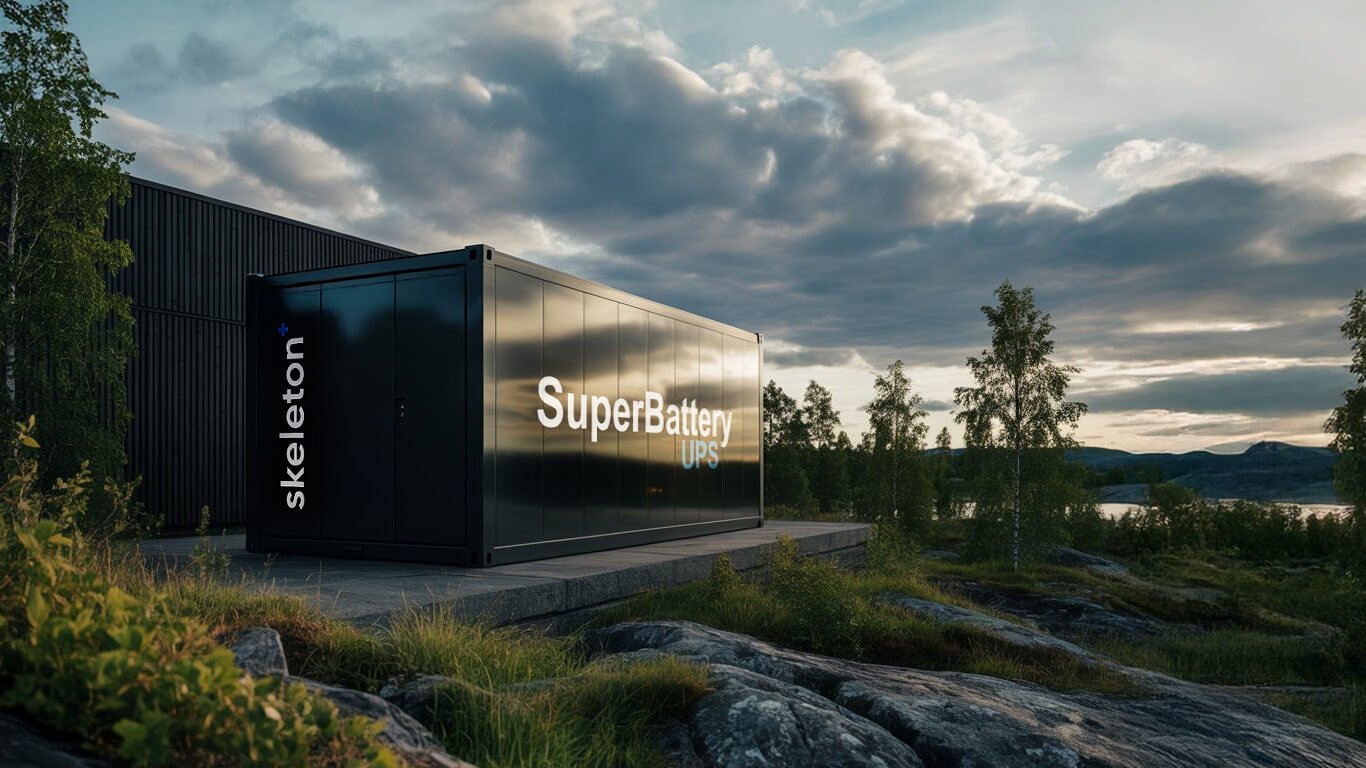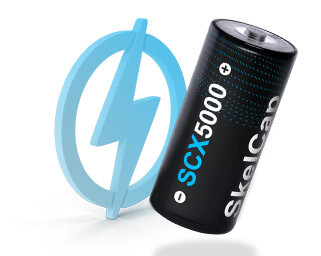
The EU Unicorns Group hands over its Next Innovation EU report to EU Commissioner
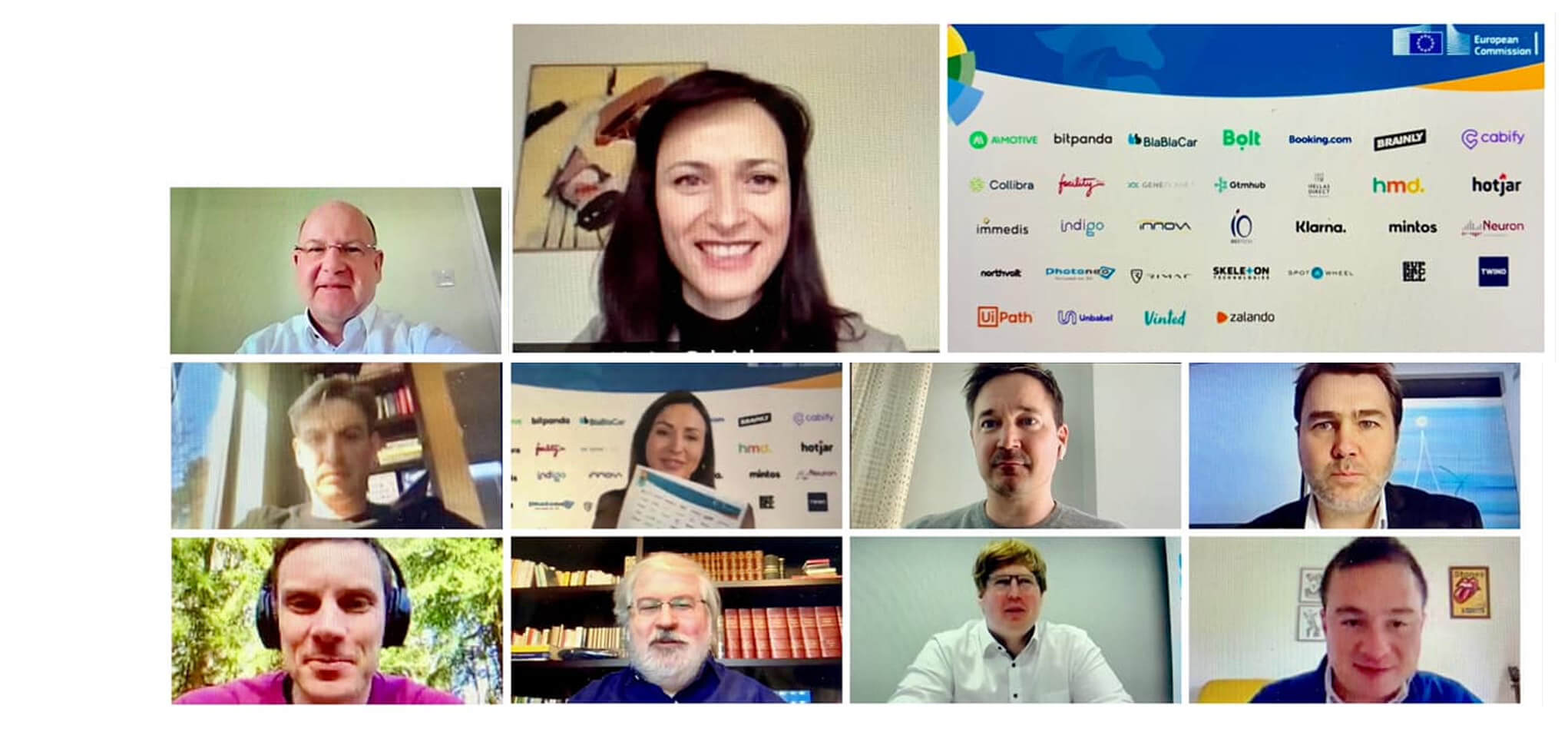
After the first successful online meeting of the EU Unicorns Group with Mariya Gabriel, the European Commissioner in charge of Innovation, Research, Education, Culture and Youth, the work has continued.
Today, the group has convened again for a public press event. The Founders and CEOs of the EU Unicorns Group, which gathers 33 of the most promising European companies, handed over the first deliverable to the Commissioner.
Since day one, the Commissioner has been very clear:
"We need European Unicorns to pave the way towards Europe's sustainable and resilient recovery, accelerate the green and digital transitions, and ensure Europe's technological sovereignty."
The first deliverable sets out a list of Flagships ready for execution under the four key directions co-identified by the whole group:
- Green Transformation
- Tech Sovereignty
- Deep Tech Leadership
- Innovation Cohesion
Today’s gathering unveiled the proposed flagships:
- Sovereign EU Tech Fund
- Small Valley
- Scaled Up Public Procurement
- Scaled Up IPCEI framework for deep tech
- Pan-EU Sandboxes
- EU Blue Card
- Sovereign EU Green Tech Fund
- Scaled Up Climate Partnership
The work on each of these flagships was coordinated by a group member and Skeleton has been leading the development of the ’Scaled Up Public Procurement’ with also the participation of UiPath, Rimac and Immedis. Therefore, our CEO Taavi Madiberk presented it today to the EU Commissioner.
This flagship aims to tackle one of the key issues faced by deep tech companies: the difficult go-to-market. The go-to-market strategy of deep-tech startups is usually more complex than that for other startups because their products are based on a new technology that requires a longer development time. Typically, after proving atechnology in lab conditions, a startup still faces a long road in turning it into a demonstrated and tested solution.
Innovation isn’t linear, and what people might find useful, desirable, and eventually essential isn’t known until the possibilities are explored. The BioNTech vaccine is the perfect example. Those years of research and perseverance from its founders to develop an ‘uncertain technology’, long before incumbents saw its value, ultimately enabled them to create the vaccine in record time.
Successfully resolving market risk does appear to generate more reward than resolving technical risk. In addition, the products created by deep-tech companies can develop new markets and provide opportunities to solve challenges that couldn’t be addressed in the past with other technological means.
Therefore, the EU Unicorns Group calls for a ’Scaled Up Public Procurement’. We need an innovation-oriented public sector procurement policy that would include a platform, substantial funding to buy early-stage innovations, and a clear mandate to take risks. The policy could take the shape of a public sector instrument that funds such innovative solutions. The public sector could also join forces with the industry and academia to carry out a broad range of research, prototyping, and production activities. The partnership could imply buying the process or the outcome of the innovation, or both.
Public procurement accounts for about 14% of the European Union's gross domestic product - meaning it has enormous potential to guide new developments in a range of sectors, help to stimulate future markets, and address key societal challenges. However, as Taavi Madiberk explained, „public procurement must not be about buying the past, but investing in the future“.
The public sector can act as a catalyst and champion for innovation. It can be an early, supportive adopter of frontier technology, mobilizing and streamlining procurement processes to help support the development of deep-tech leadership in Europe. By following this approach, the public sector would help mitigate the market risk faced by deep-tech startups and help suppliers transition towards lower-cost, scalable and reliable production.
Alongside the other flagships, this proposal is now going to be evaluated by the EU Commission to determine its feasibility, if new instruments are needed or if existing ones could be better used.
We were also very glad that Commissioner Gabriel seemed enthusiastic to the idea of using the European Battery Alliance’s blueprint in other deep tech such as quantum computing, hydrogen or 6G. Indeed, alliances are what Europe needs to be the continent of innovation and transform its unicorns into global technological leaders. There are already a lot of existing instruments to foster innovation in Europe, but we need more speed, cooperation, ambition and execution.
